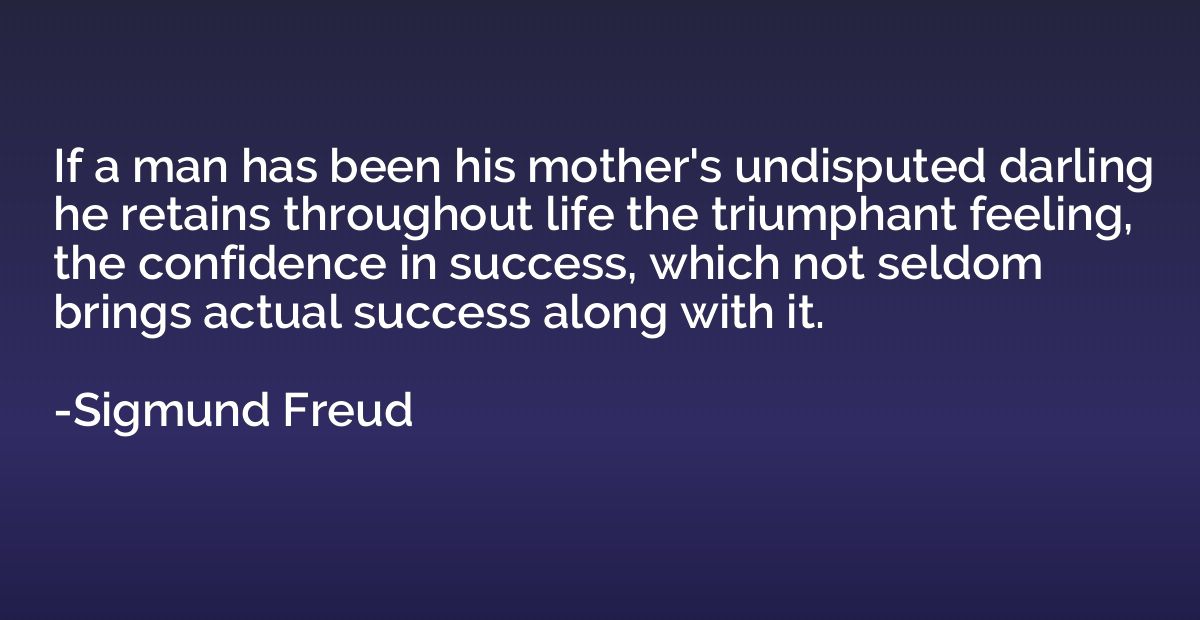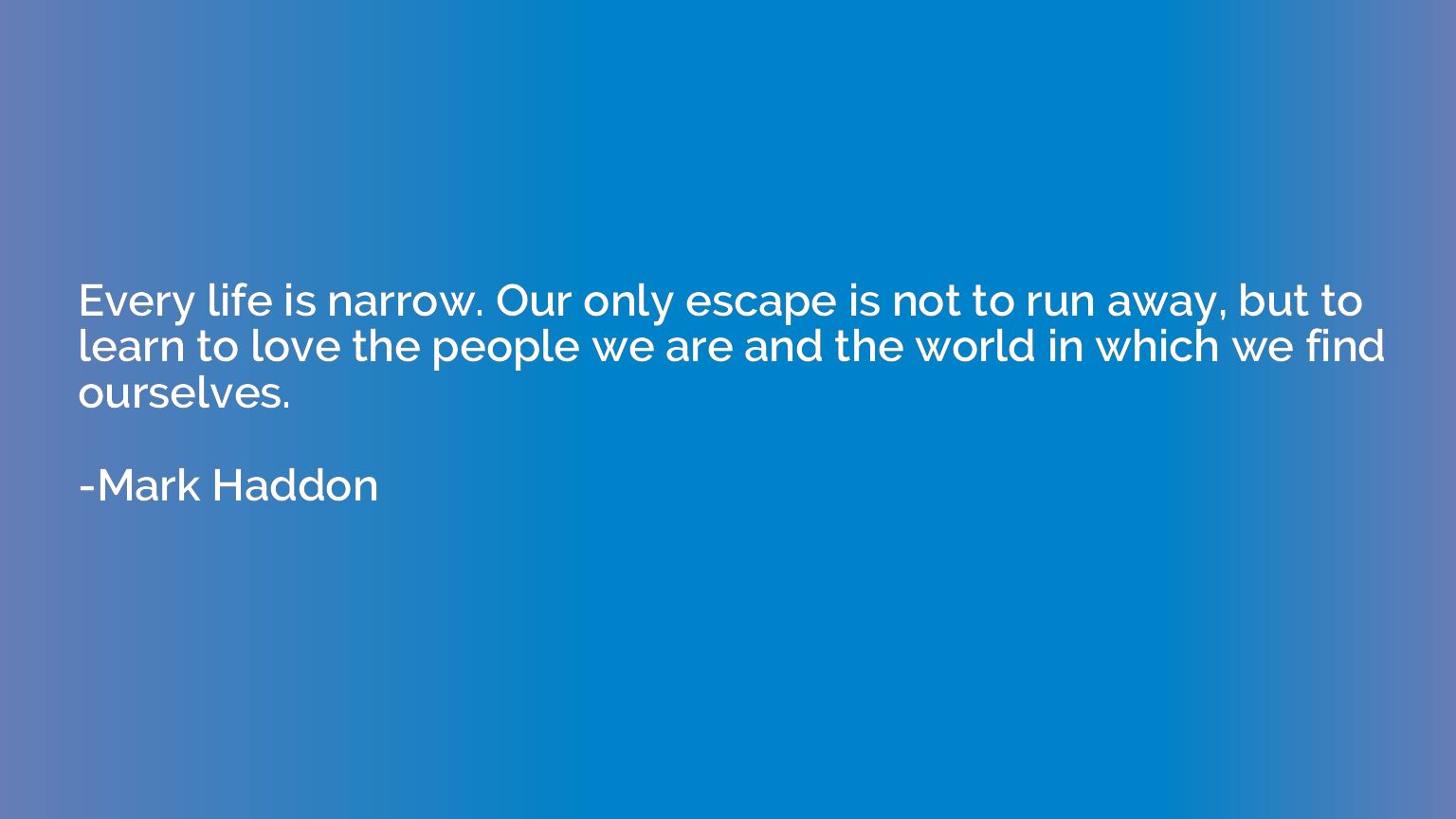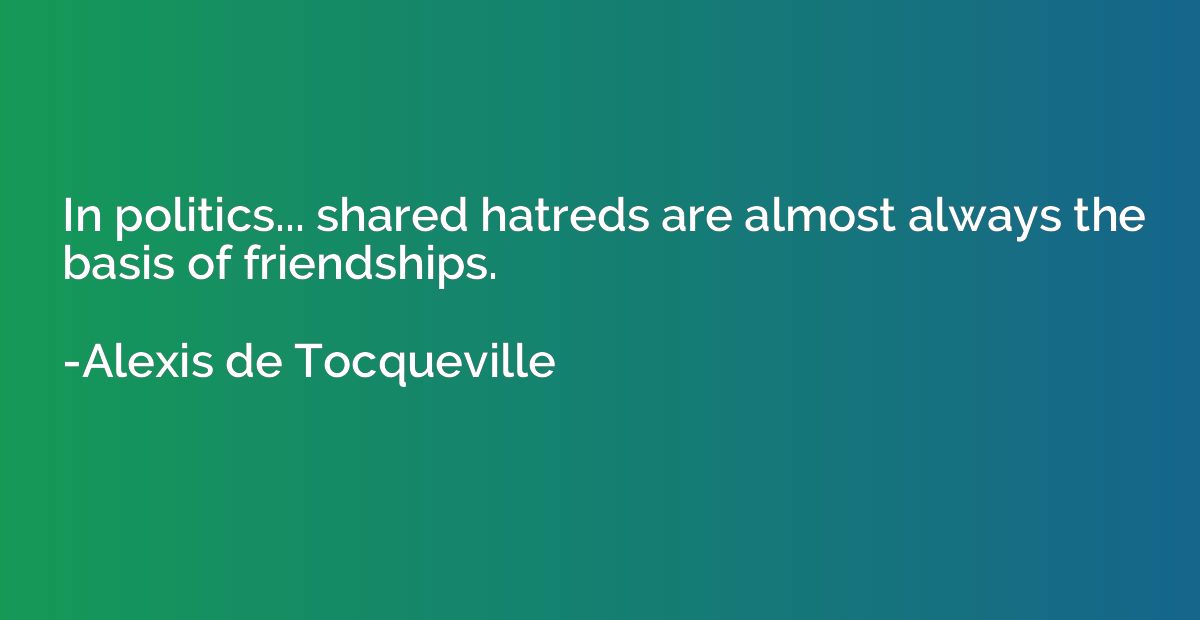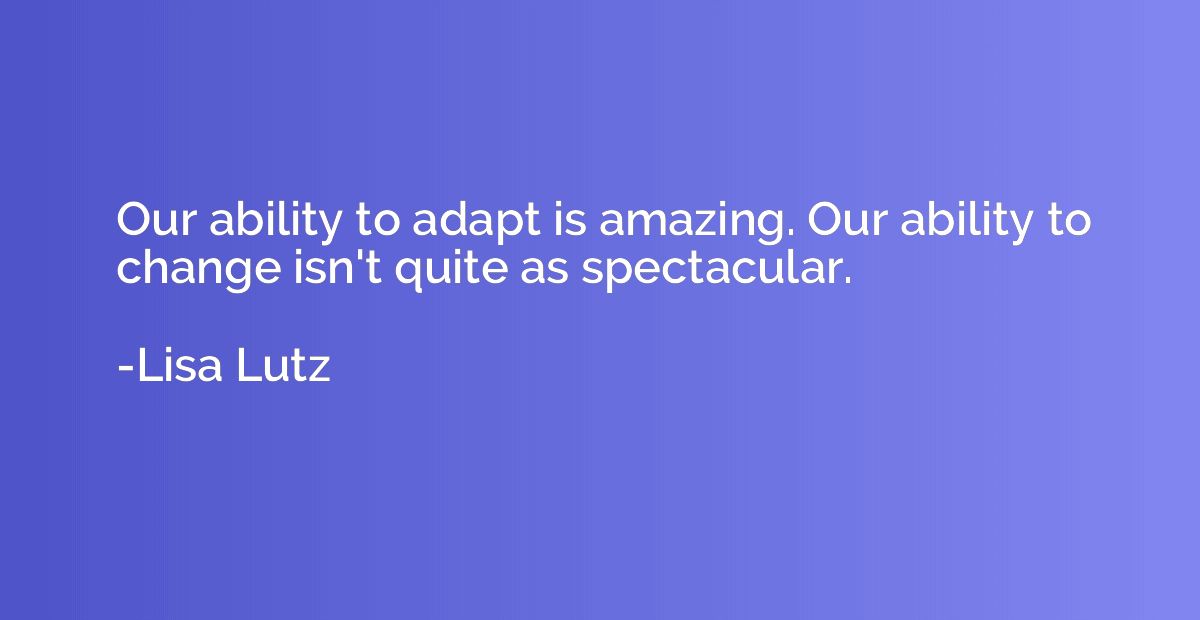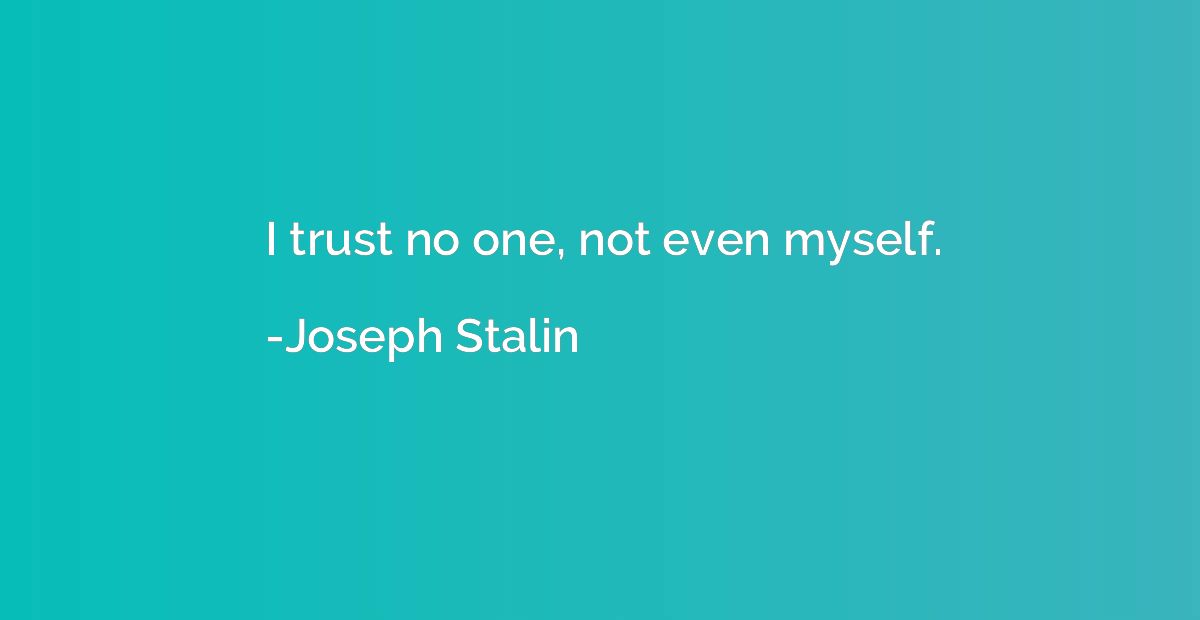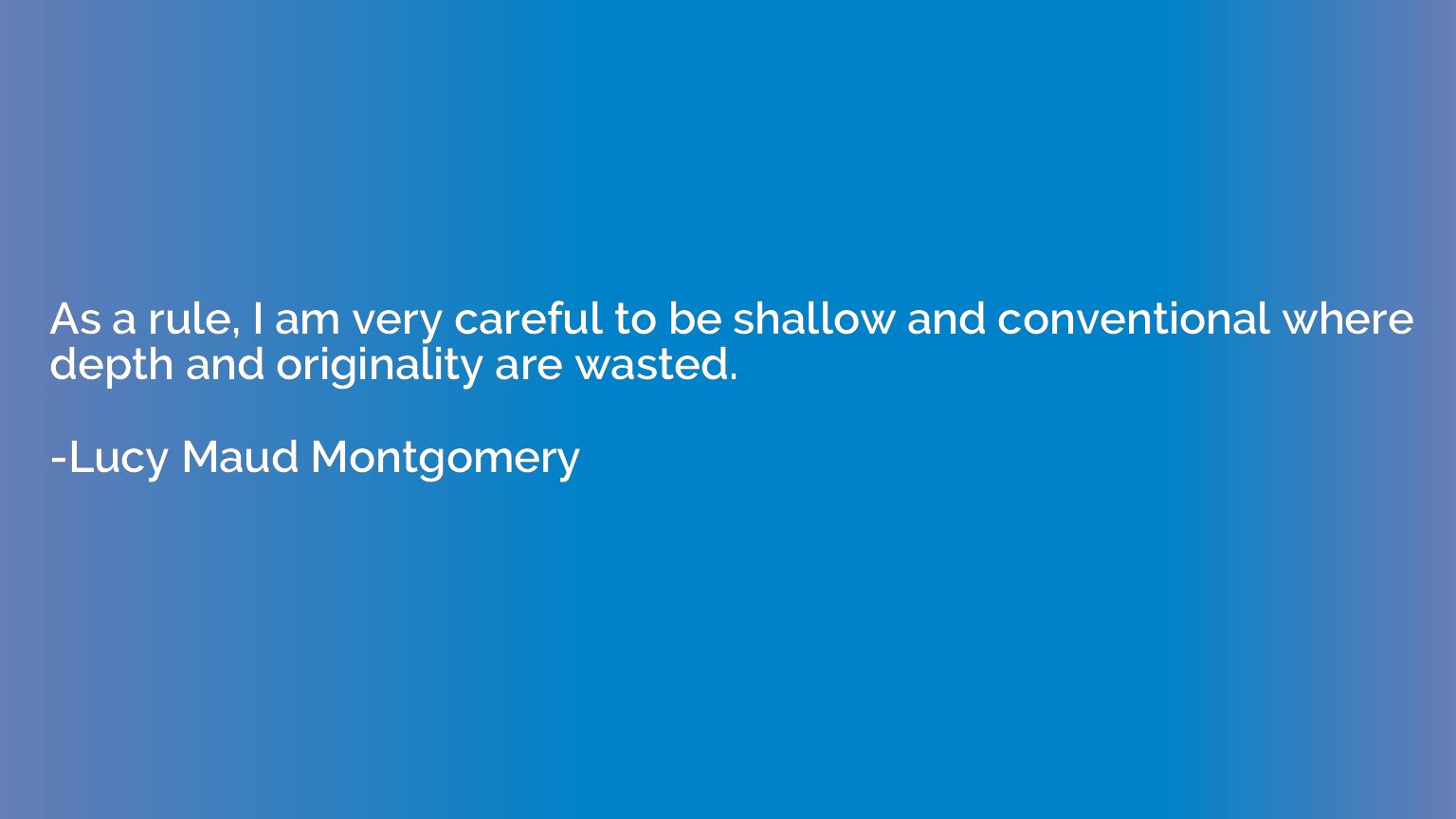Quote by Donald A. Hansen, An Invitation
The effort to remold, in one's own life, the culture one has grown into is heavy with danger. The searcher is likely to be treated as a criminal or a madman, condemned and criticized by his own society, ridiculed, even persecuted. Even if he is more fortunate--even if he is simply ignored by others--he must begin his struggle as a cripple. For to consciously reject the generalized attitudes' of the parent society is to reject positive reference points that have helped him evaluate his actions and accomplishments.This is the price of freedom on the peripheries. We are able to free ourselves from our parent culture only by destroying parts of ourselves, much as an animal might escape the hunter's trap by gnawing off its own leg. But unlike the wounded animal, the detached person is doubly crippled; however he mutilates himself, he will never quite be free of the trap but will carry it with him in his new freedom.
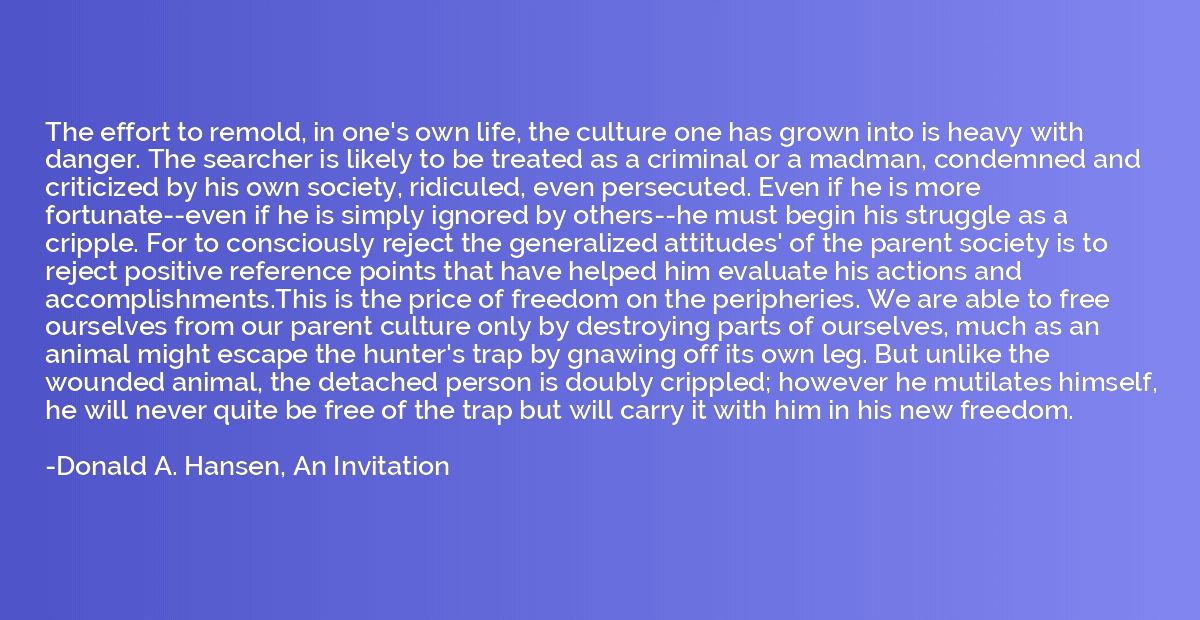
Summary
This quote explains the challenges and dangers of attempting to break away from one's own cultural conditioning and embrace a different way of life. It highlights that those who dare to challenge societal norms and try to reshape their own lives are often shunned and criticized by their own society. Moreover, the quote suggests that even if these individuals manage to escape the influence of their parent culture, they are still handicapped by the loss of positive reference points that aided them in evaluating themselves. It conveys that true freedom comes at a cost, and the price sometimes involves sacrificing parts of ourselves and enduring the everlasting effects of such choices.



